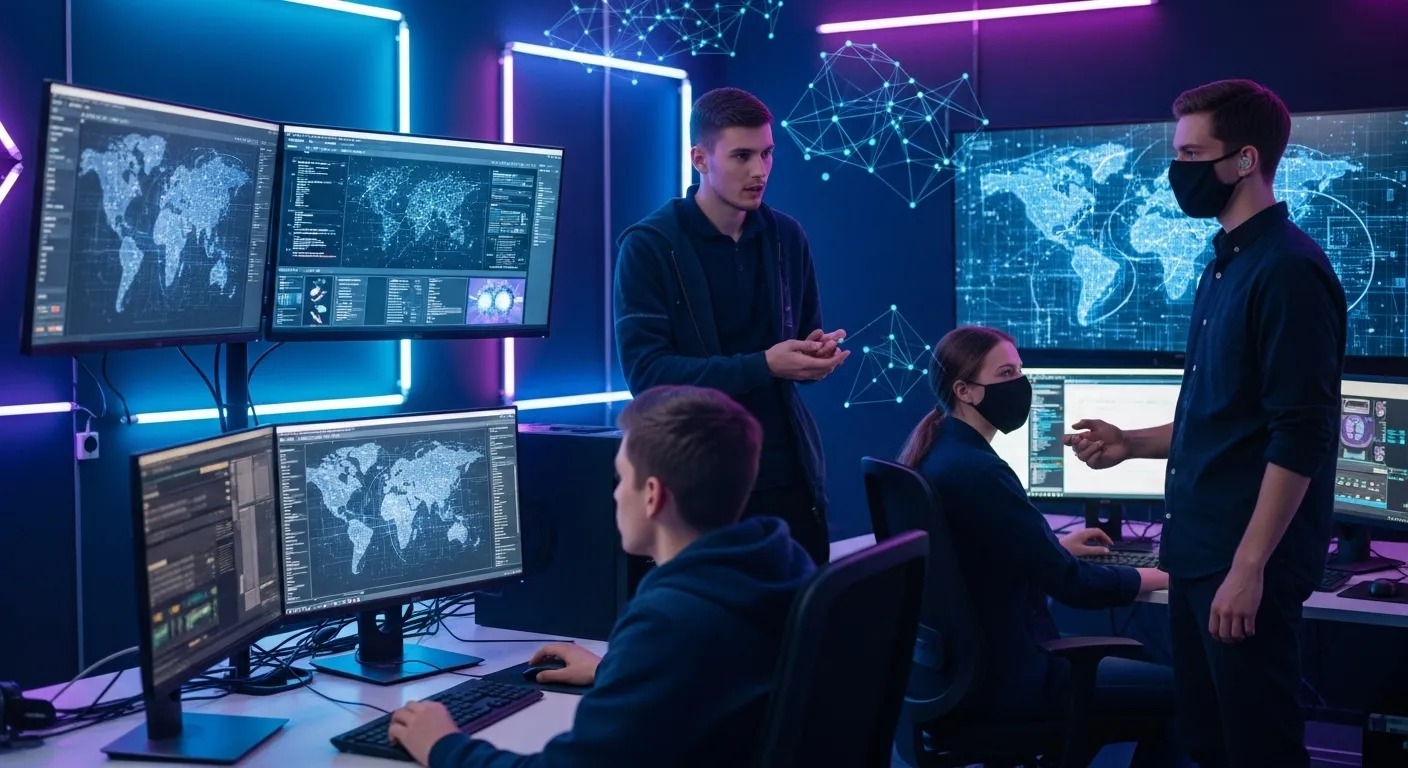Cyber Threat Hunting Lab: How MEPhI and BI.Zone Plan to Build Russia’s Next Cyber Workforce

A new joint lab between Russia’s MEPhI and BI.Zone aims to bridge academia and industry, expand cybersecurity education, and bolster national defense through hands-on training and international research partnerships.
From Campus to Cyber Range
Russia’s National Research Nuclear University MEPhI and cybersecurity firm BI.Zone have launched a new laboratory called 'Cyber Threat Search and Analysis' at the Institute for Intelligent Cybernetic Systems. The initiative is designed to cultivate talent in cybersecurity by involving graduate and senior undergraduate students in research projects, with a particular focus on competitive CTF (capture the flag) communities.
The lab represents a critical link between academic training and industry expectations. Students gain access to real-world cyber scenarios, engage in CTF simulations, and participate in both research and commercial initiatives. For BI.Zone, the lab offers a direct pipeline for talent recruitment and collaboration.

This model supports awareness, practical expertise, and resilience in protecting Russia’s information and communications infrastructure. While currently limited to MEPhI, the program has the potential to expand to other universities and regional partners.
Building a Scalable Cybersecurity Education Model
The lab is part of a broader strategy to globalize Russian IT education. The approach could be replicated both across domestic universities and internationally. It also enhances Russia’s participation in international cybersecurity competitions—BI.Zone already organizes events that include teams from the U.S., China, and Europe.
The initiative opens opportunities for joint R&D contracts with international enterprises and government agencies. Domestically, it could expand university partnerships with the industrial sector and public institutions, spurring new grant programs and deployments of homegrown cybersecurity solutions.

Context: A Growing National Ecosystem
In 2023, Rostelecom and MTUCI offered lectures and workshops on cybercrime prevention. In 2024, BI.Zone supported Cyber Polygon, a 24-hour international cyber resilience simulation. That same year, Innopolis University launched a cybersecurity master’s program in partnership with Positive Technologies, aimed at preparing specialists for enterprise and government security roles.
In 2025, the UserGate lab opened at Novosibirsk State Technical University, providing hands-on training to more than 200 students annually. Russian OS developer Basalt SPO also signed a workforce development agreement with the Murmansk College of Economics and Information Technologies.
These initiatives signal a broader trend: tighter integration between academia and the cybersecurity industry. MEPhI is emerging as a national leader in this shift.

Strategic Development with National Security in Mind
Cybersecurity is a cornerstone of national stability. That’s why collaborative initiatives like this lab are crucial—not only for training students in real-world scenarios but for converting academic experience into professional careers.
Future research directions at the lab may include threat intelligence, IoT security, and social engineering. Growth in competitive academic programs is also anticipated, with increased rivalry among leading Russian universities like MGTU and St. Petersburg State University.
There’s potential for government contracts, grant-backed research, and cyber-focused accelerators. For critical sectors—healthcare, finance, and defense—this model can produce a new generation of professionals equipped to protect vital infrastructure.
One challenge remains: ensuring external funding beyond academic budgets and maintaining BI.Zone’s long-term commitment.










































